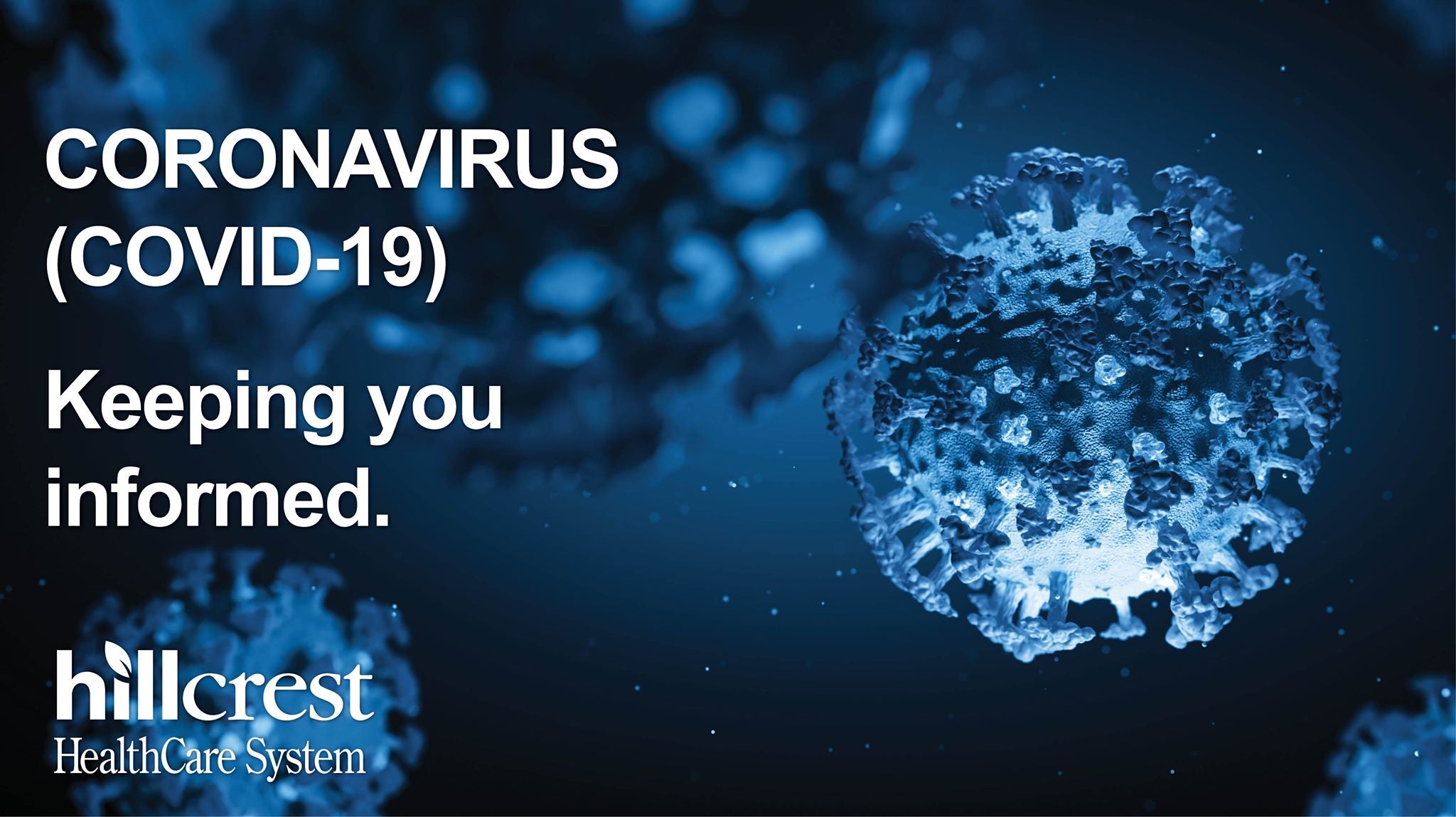As elective surgeries restart across the U.S., including Oklahoma, it’s important for patients to know what health care facilities are doing to ensure their safety. The good news is hospitals and clinics within Hillcrest HealthCare System have always been safe, following rigorous protocols and policies every day. With the addition of COVID-19, existing policies have been enhanced and additional safety protocols are being observed.
“We are committed to observing safety practices that keep our health care workers and patients safe at all times during the COVID pandemic,” said Guy Sneed, chief medical officer of Hillcrest HealthCare System.
It’s not recommended to delay medically necessary procedures, which these can, in fact, be called elective surgeries. Elective surgery is a general term, often confused with optional surgery. This is not the case.
“Often, elective surgery simply means that the surgeon and the patient have the ability to be more selective in the timing of when the surgery or procedure will occur,” Sneed said. “Elective surgeries are often medically necessary and need to be performed within a certain period of time or the patient’s health will decline.”
These procedures can include neurological, cardiovascular, orthopedics and cancer-related surgeries, but there are many others.
Let’s talk about safety
Before a surgery, patients meet with their surgeon or clinician, as they always have. This is to have a detailed discussion about risks and benefits of the procedure. Now included in that conversation is a discussion about COVID-19. Patients are informed of the processes and precautions in place to keep hospitals and employees safe, clean and free of viral contaminants, effectively mitigating the exposure risk to patients while they are in the hospital.
“We educate our patients and let them know that the actual risk of contracting COVID-19 during a surgery or post-operatively during their hospital stay is particularly low, much lower in fact than the risk of contracting the illness in the community,” Sneed said.
For surgery patients, those processes include receiving a phone screening prior to entering the hospital, which is to gauge their risk of exposure to COVID-19 in the community. All elective surgery patients – other than urgent or emergent – are screened for COVID-19 using a laboratory test before proceeding with their surgery.
Because of these safeguards, the hospitals approach all surgery patients as potential carriers of COVID-19.
“If we indeed have a patient with COVID-19, or a patient who is suspected of having COVID 19, our processes for caring for them are essentially the same as for those who do not have the virus, save for some minor variations, including where we would perform their surgery,” Sneed said.
For patients who have COVID-19, only urgent or emergent surgeries are being performed.
Along with patient precautions, it’s important patients and their loved ones are aware of what processes are in place to ensure staff and the facilities are safe as well. Employees participate in a daily screening that reviews their current symptoms, including current temperature and exposure risk before being allowed to enter a hospital or clinic. In high risk units, temperatures are taken up to twice a day. Temperatures are also checked for visitors and vendors as they enter a hospital.
Personal protective equipment (PPE) is also a large part of our employees’ uniforms. Surgery staff are in full PPE, including N95/KN95 masks when indicated. As surgeries ramp up, hospital supply chain teams monitor PPE utilization on a daily basis to ensure there is an adequate supply.
“Our local supply chain teams have done tremendous work at ensuring our health care workers have the PPE they need to do their jobs,” Sneed said.
Environmental services (EVS) staff conduct detailed cleanings throughout the hospitals and clinics. For operating and procedure rooms, that includes pre-procedural environmental cleaning checklists, as well as special procedures for terminally cleaning these areas at the end of the day, and after treating a patient with COVID-19.
“These cleaning processes ensure that every piece of equipment, as well as the rooms themselves are cleaned and purified of any viral contaminants, thus eliminating the risk of cross-contamination or transmission to subsequent patients and staff who enter the room,” Sneed said.
If an inpatient surgery is needed, current visitor restrictions may cause worry for some patients. Hillcrest staff will work to connect patients to loved ones by phone or video.
When it comes to surgical needs, it’s a decision a patient must make with their loved ones and care team. The teams at Hillcrest, both operationally and clinically, have done significant work in preparation of and during the pandemic.
“Our teams have worked tirelessly to ensure all our patients receive the best care possible and we’ve been able to continue our mission to deliver care to patients in the communities we serve,” Sneed said. “I am very proud of all of them and am honored to be working beside them.”
If you are in need of medical care, Hillcrest is here to help and encourages you not to delay medical procedures and appointments. Visit uticaparkclinic.com or oklahomaheart.com to learn more about appointment options.

